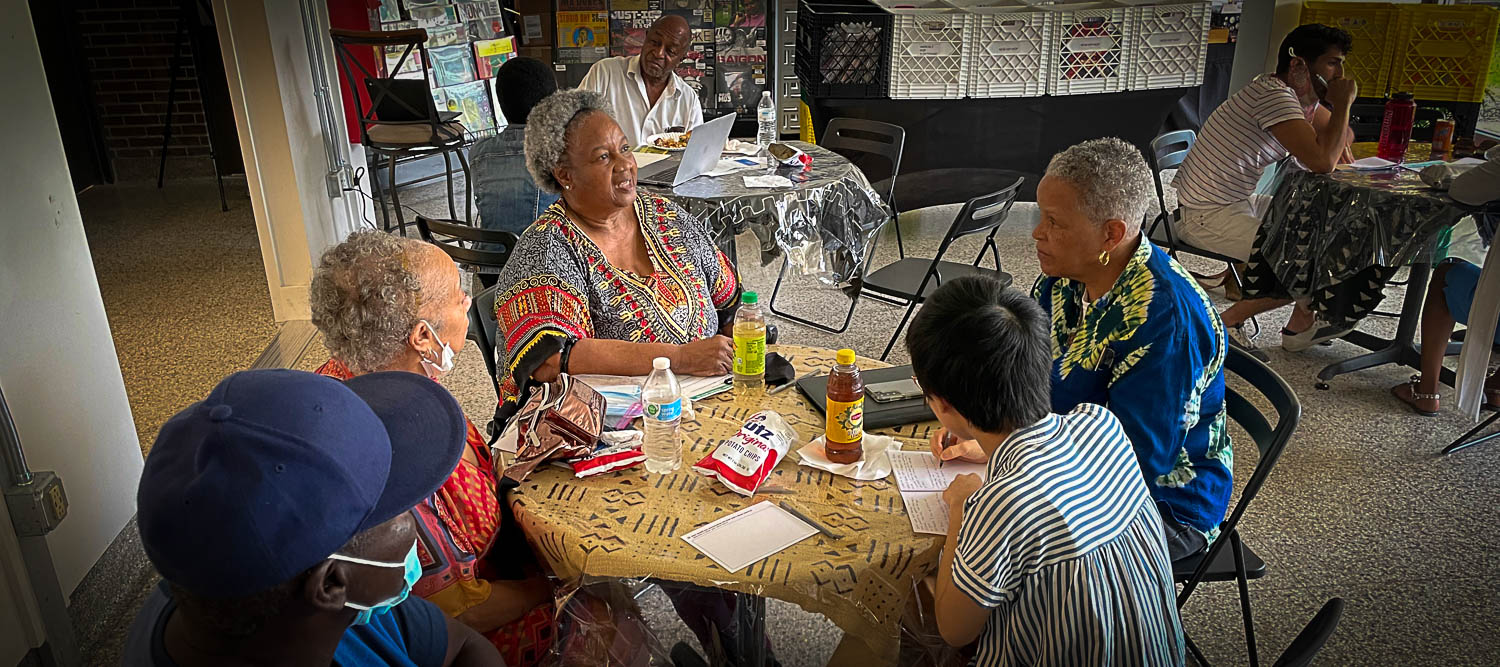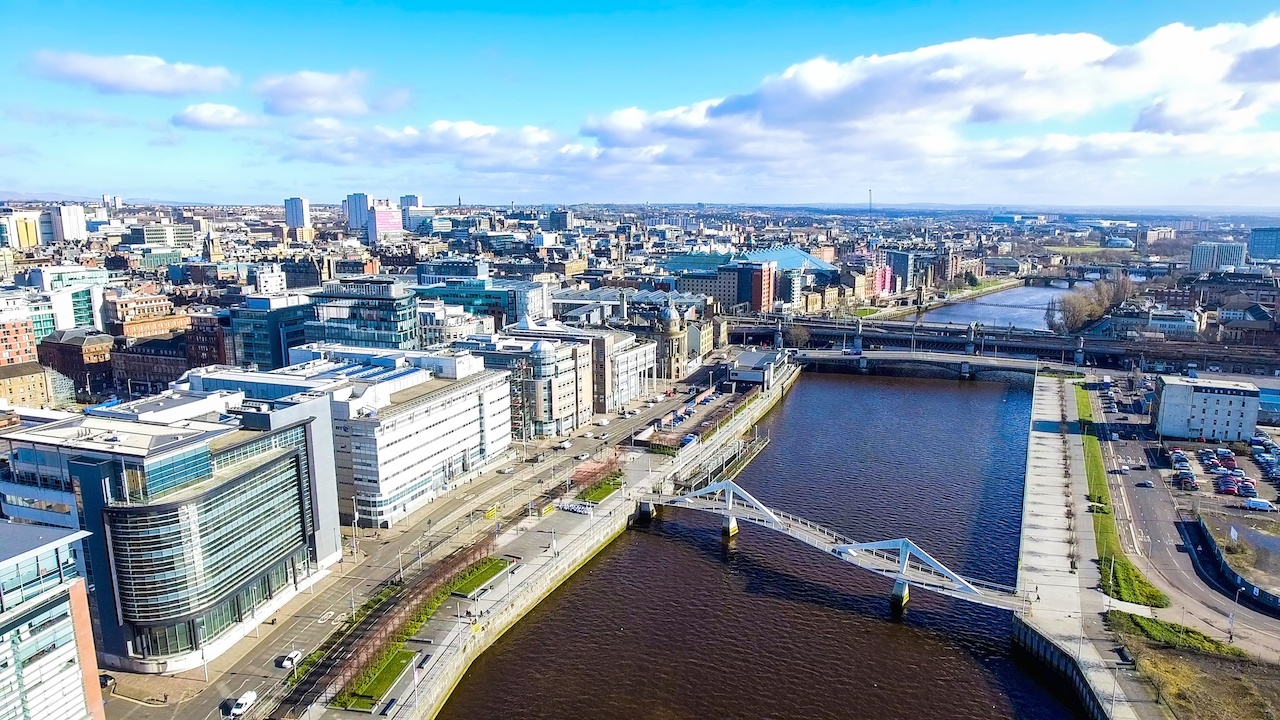Meeting of the Minds
What began as a 2-day summit in Oakland, CA in 2007, has grown into an internationally recognized non-profit organization with world-class events, year-round leadership programming, and an unparalleled digital platform.
Our mission is to bring together urban sustainability and technology leaders across sectors to share knowledge, best practices and catalyze lasting alliances and partnerships. We foster person-to-person and city-to-city learning by curating emerging trends and spotlighting projects and practitioners working on the future of sustainable, resilient, and equitable cities and regions.
We believe that the best solutions and partner ecosystems result from collaboration and engagement across sectors and disciplines. We convene leaders from international bodies, local government, state and federal government, corporates, startups, non-profits, academics and philanthropy.
Meeting of the Minds thanks and acknowledges the support of our current and past sponsors, including:
Foundations
Annie E. Casey Foundation
Barr Foundation
Burton D. Morgan Foundation
Ford Foundation
Lincoln Institute of Land Policy
Living Cities
New Economy Initiative
Paul G. Allen Philanthropies
Robert Wood Johnson Foundation
Rockefeller Foundation
The California Endowment
The California Wellness Foundation
The Cleveland Foundation
The JPB Foundation
The Kresge Foundation
The Volvo Research and Education Foundations
Healthcare
Kaiser Permanente
Sutter Health
Telecom
AT&T
Comcast
Qualcomm
Verizon
Global Technology Leaders
Cisco
Dassault Systémes
IBM
Itron
Microsoft
Oracle
Philips Lighting/Signify
Schneider Electric
Siemens
Transportation Leaders
Bombardier
Cubic
Daimler/Car2Go
Ford
JUMP Bikes/UBER
Lacuna
Keolis
Lyft
Streetlight Data
Toyota
Zipcar
Financial Institutions
JPMorgan Chase
PNC Bank
Wells Fargo
IT & IoT
Atonix Digital
Cleverciti Systems
Iteris
Logicalis
Roadbotics
RelayR Corp
Planning, Design, Architecture, Real Estate, Engineering, Construction
Black & Veatch
CBRE
CH2M Hill
Colliers
DKS Associates
Jones Lang LaSalle
Oxford Properties Group
Ramboll
Skidmore Owings & Merrill
WSP
Consulting Firms
Cognizant
ENGIE Impact
Deloitte
EY
PwC
Government
Ann Arbor SPARK
City of Berkeley, CA
Cuyahoga County
Federal Reserve Bank of San Francisco
JobsOhio
Metrolinx
State of Michigan
Resources: Water and Energy
AEP Ohio
DTE Energy
Festival Hydro
FirstEnergy
Marin Clean Energy
Natural Resources Defense Council
Sacramento Municipal Utility District
Shell
Xylem Water
Innovators
Cleveland Neighborhood Progress
JumpStart
Natural Resources Defense Fund
Rock Ventures
The New School
University of California
UrbanFootprint
Recent Webinars
Recent Articles
One Approach for Cities to Recoup Lost Revenues Due to COVID-19
We encourage public sector partners to think about data monetization as a spectrum of opportunities. On one end, there’s indirect monetization, which refers to the obvious idea of getting more value from data by doing more with what already exists. That could mean putting data in a more accessible form or location; sharing it across departments more effectively; or mining it more deeply to identify potential operational insights, anomalies, or efficiencies.
On the other end of the spectrum is the idea of direct monetization, meaning new, incremental revenue flowing directly to the city in exchange for the rental, purchase, or limited use of the city’s data. This is approach requires some focus and a proactive sales effort, but can deliver attractive, meaningful revenue streams.
In the middle of the spectrum is what we think of as the Hybrid opportunity. This is often where cities are most comfortable getting started, since its initial focus is on ensuring that the municipality is getting fair value for the time, effort, and costs of the city’s current efforts supplying data to other entities.
COVID-19 Pandemic Highlighting the Essential Need for Playgrounds
Since our founding over 24 years ago, KABOOM! has worked hand-in-hand with communities to build incredible, kid-designed playspaces that help give kids in every zip code the opportunity to thrive. Right now, we’re in a scenario we never could have imagined: supporting public health recommendations that playgrounds remain closed.
The challenge of COVID-19 is tremendous, but it also presents an opportunity for the nation to rally around an urgent need: investing in the infrastructure of childhood. We believe that through deep partnerships with communities and a range of public, private, and philanthropic partners, we can achieve what we call playspace equity. Simply put, this means a world in which every kid has access to quality playspaces regardless of factors like race, ethnicity, income, or zip code.
How Public Transit Agencies are Responding to COVID-19 & Official Recommendations
The American Public Transportation Association (APTA), the Canadian Urban Transit Association (CUTA), and the International Association of Public Transport (UITP) have all released recommendations to help agencies during the COVID-19 outbreak. Agencies have had to act fast to protect riders and staff, and make difficult decisions to adapt to evolving conditions.
Here, we present APTA, CUTA, and UITP’s recommendations and a window into what they look like in practice, by looking at survey results from Transit, which received information from more than 60 transit agencies on what policies they are putting in place to safely ride out the pandemic
Data Fluency is an Antidote to Fear and Apathy
There are already more than 60 COVID-19 vaccines in the works. When interconnected individuals with a common goal pool knowledge and share their assets, we experience unparalleled advances. Data fluency is foundational to societal and civic engagement. It can invigorate constituencies and shift systemic power dynamics. At a time when we trust fewer entities to watch our backs and we can become crippled by fear and powerlessness, data fluency can help us find and activate opportunity narratives.
The prevalence of data in our lives represents the need to repeatedly evaluate trade-offs. Narratives have power, as fellow management consultant John Hagel reminds us: “every successful social movement in history has been driven at its core by a narrative that drove people to do amazing things.” Powerful narratives can drive us to act or prevent us from taking action via distraction or disinformation. Predictive analytics are being employed across many sectors, often without our knowledge and sometimes in violation of laws. In order to exercise agency, we need to understand who controls the narratives coloring our daily realities.
Fighting COVID-19: How Gamification Can Reenergize Local Government and Help Save Small Businesses
The first COVID-19 related campaign that was designed to encourage local consumption was called “The Local Shoppers Challenge.” This one campaign generated $145,000 in local economic activity within just two weeks, at a time when COVID-19 was shutting down the economy. Colu launched this campaign in partnership with the Tel Aviv Foundation, which works to help disadvantaged communities in the city. The campaign features a digital punch card; when the card is used four times at local businesses for a transaction of at least NIS 20 (~US $6) each, residents are granted a one-time reward of 35 Tel Aviv coins (~US $10). This award is only offered to residents that complete the entire challenge (four qualifying transactions).
Smart Cities & Public Health Emergency Collaboration Framework
Based on our observations and experiences, we’ve written a white paper describing a Smart City-Public Health Emergency collaboration framework. We define a structured approach to broadly consider and maximize collaboration opportunities between the smart city innovation community and municipalities for the COVID-19 outbreak. It integrates the CDC Public Health Emergency and Response Capabilities standards with components of a smart city innovation ecosystem. The CDC defined capability standards are organized into six domains. Each intersection in the framework represents a collaboration point where the smart city’s innovation ecosystem and digital capabilities can be used to augment the municipalities’ public health emergency response needs.














